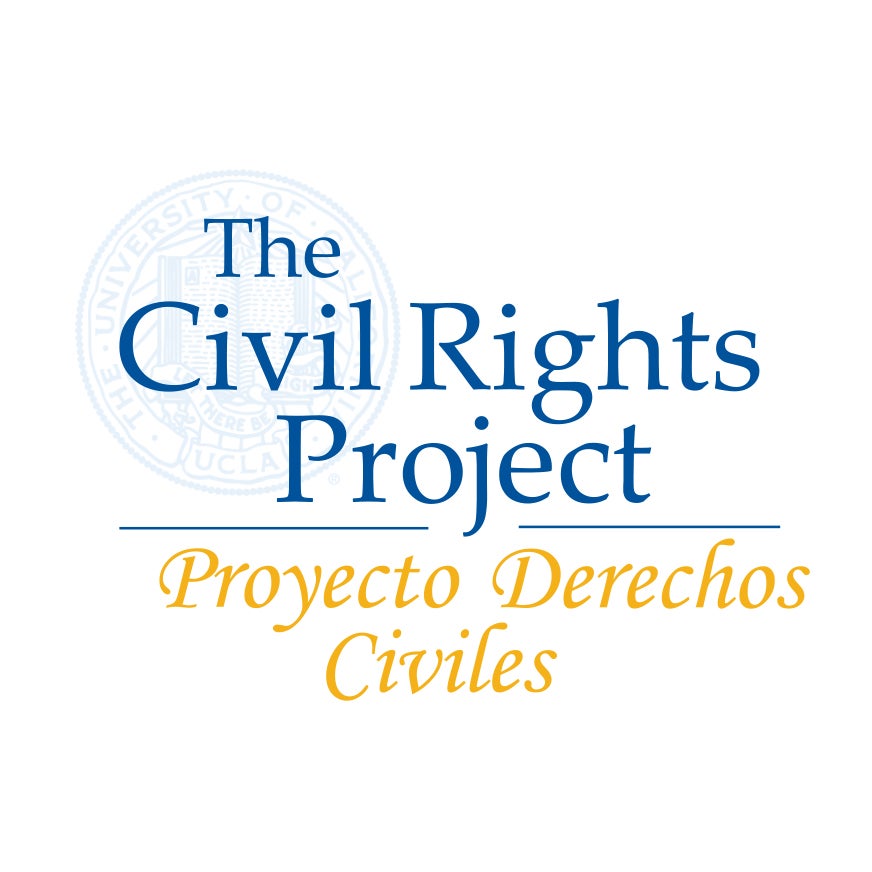Los Angeles–A new study published today by the Civil Rights Project at UCLA examines the impact of affirmative action bans, across a number of years in several states, on the enrollment of underrepresented students of color. These latest data show that the bans have led to marked declines in key areas of graduate studies. The report’s findings are particularly timely as the U.S. Supreme Court, during its upcoming fall term, will consider in Fisher v. University of Texas at Austin whether race-conscious admissions policies are necessary to produce the student body diversity the University believes is essential for its educational success.
“The Impact of Affirmative Action Bans in Graduate Education” finds that in states with bans on affirmative action, the representation of Latinos, African Americans, and Native Americans in graduate programs is shrinking, particularly in the fields of engineering and the natural sciences. Contrary to our nation’s best interests, these declines in the enrollment of students of color are taking place not only while the racial and ethnic diversity of the U.S. population is increasing but also when the U.S. is experiencing a chronic shortage of scientific manpower. At a time when the U.S. Supreme Court is reviewing the constitutionality of affirmative action, this study points out the possible consequences of banning affirmative action in admissions, not only for undergraduates, but also for the graduate and professional programs that produce professors, leading researchers, and critical technical expertise in many fields.
Liliana Garces, assistant professor at the George Washington University, conducted this research using data from the Council of Graduate School/Graduate Record Examination Survey of Graduate Enrollment and Degrees. Her study employs a design and methodology that isolates the effects of the bans on enrollment changes.
After an extensive study of this data, Professor Garces observed, “These declines in racial and ethnic student body diversity create hurdles for universities, making it more difficult for them to further their educational missions and meet the economic needs of the country.”
The new report examined years of data on affirmative action bans in four states — Texas, California, Washington, and Florida. The results show the bans have reduced by 12 percent the average proportion of graduate students of color (African American, Latino and Native American) across all graduate programs. In engineering, the bans have led to a 26-percent reduction in the mean proportion of all graduate students of color; a 19-percent decline in the natural sciences; a 15.7-percent drop in the social sciences, and 11.8-percent drop in the humanities.
Latinos, African Americans, and Native Americans have been severely underrepresented in graduate studies. To help address this underrepresentation, most selective institutions of higher education have long used the tool of affirmative action, taking active steps to expand enrollments of historically excluded groups, including consideration of race or ethnicity as one of many factors to be considered in the admissions process. Laws in seven states (Arizona, California, Florida, Michigan, Nebraska, New Hampshire and Washington) now prohibit public postsecondary institutions from considering race or ethnicity in any way in admissions. Prior studies showed that affirmative action bans have contributed to declining racial and ethnic student body diversity at selective undergraduate institutions and schools of law. This new study shows that the bans have also led to declines in other graduate programs, with the largest declines in science-related fields of study.
“The most important tools for recruiting traditionally-excluded students include a variety of affirmative action tools that identify and nurture talent among groups often denied equal opportunity to prepare for such training,” states Civil Rights Project Co-director, Gary Orfield. “As the nation passes through an historic demographic transformation, we are failing our nation if these students of color don’t receive the training needed to sustain and expand our technology and research capacity.”
To access the full report, click here.
